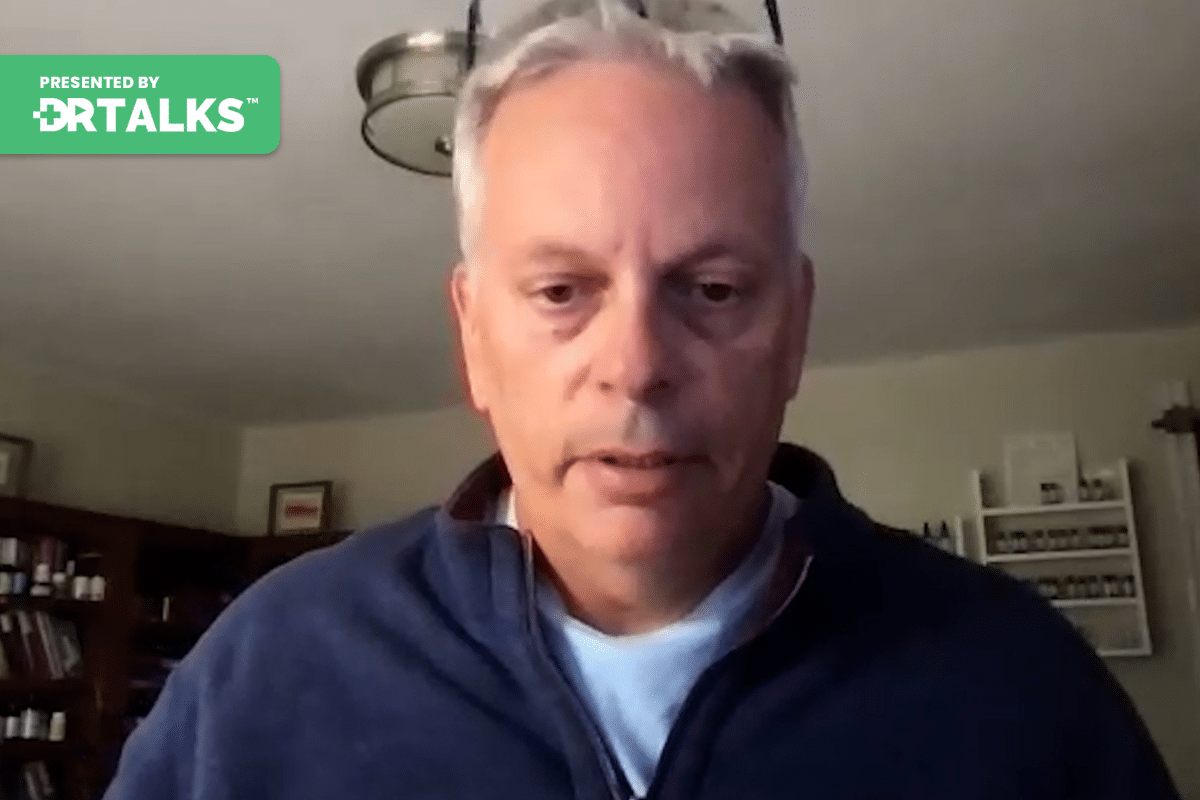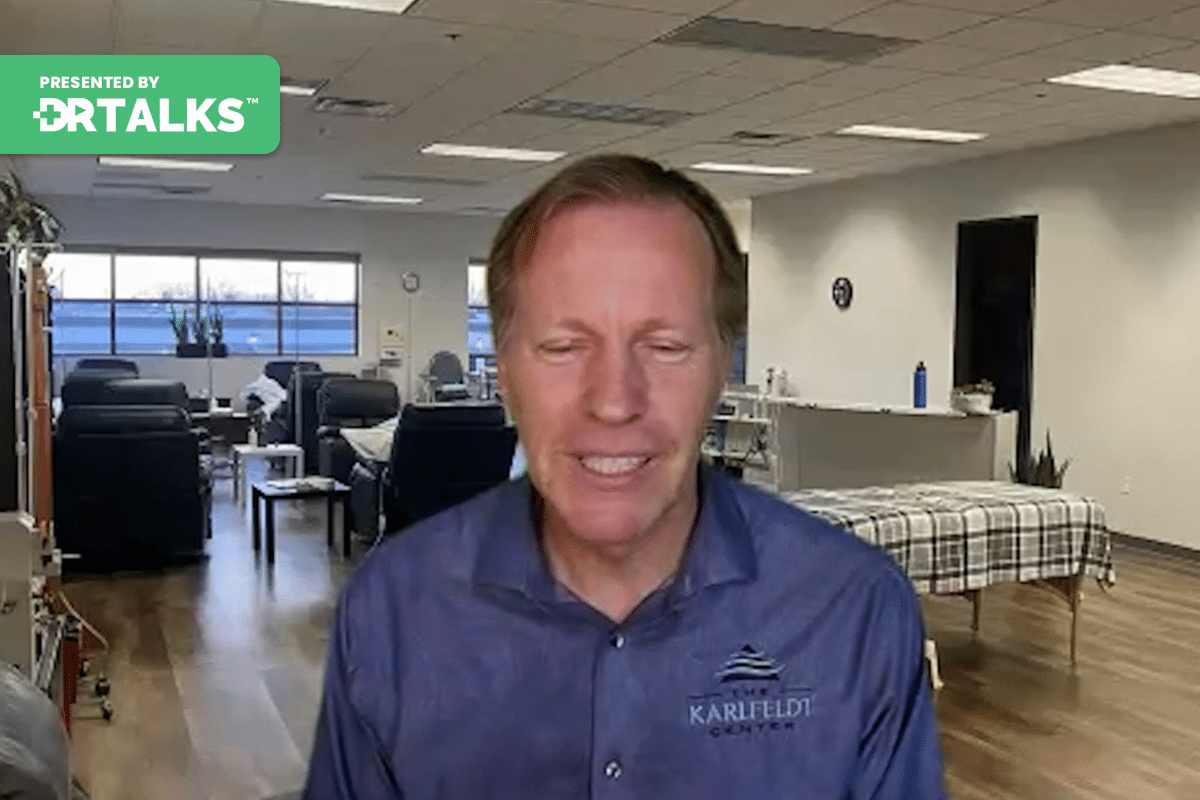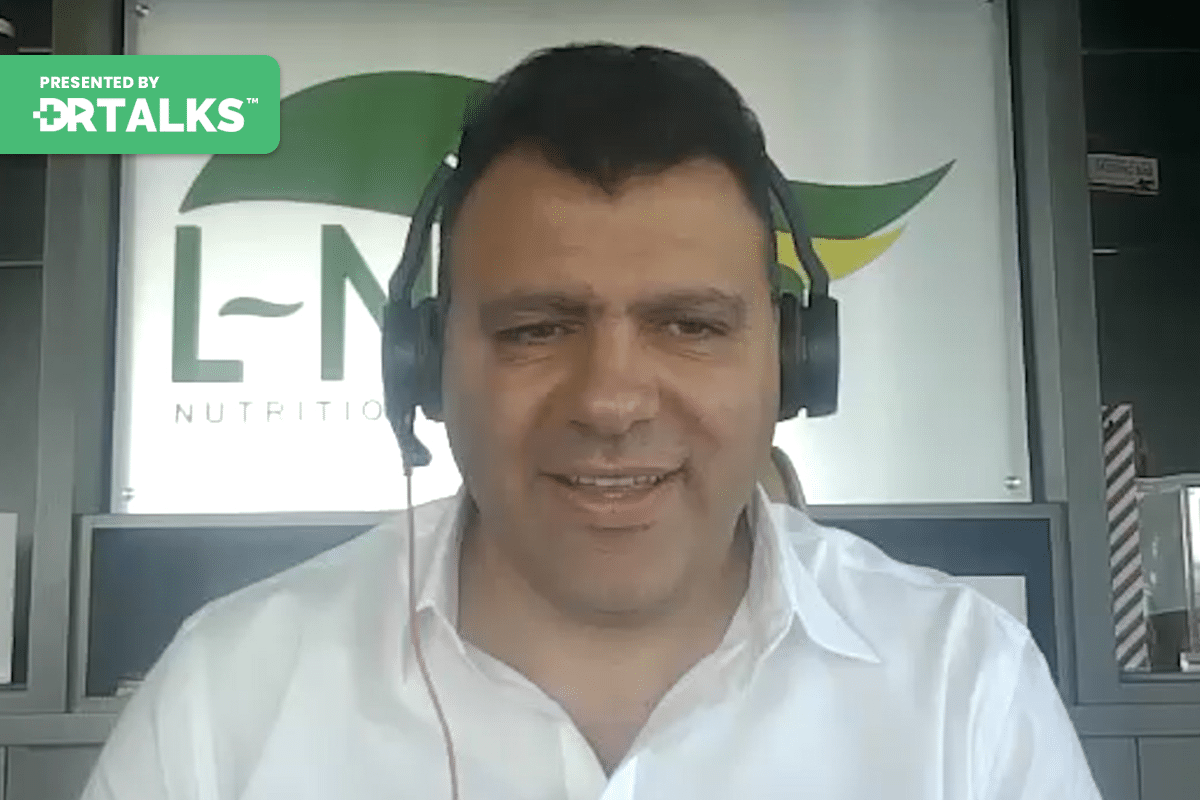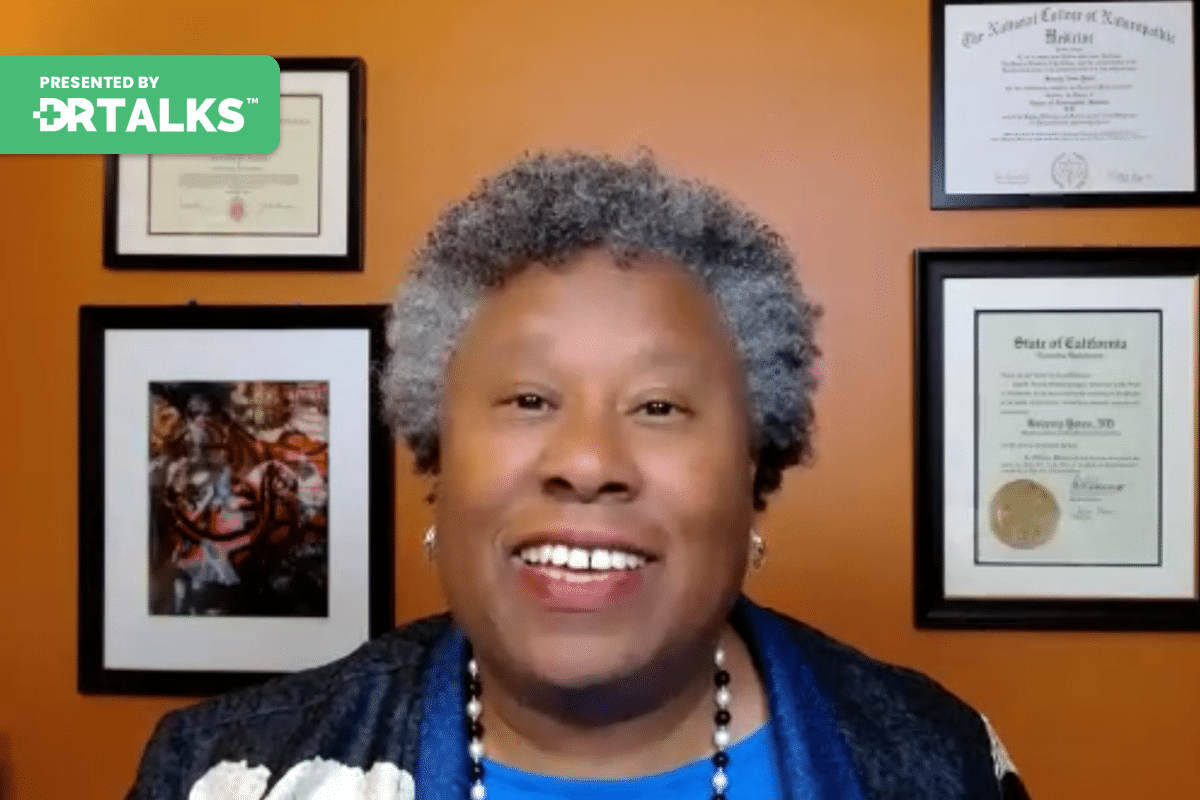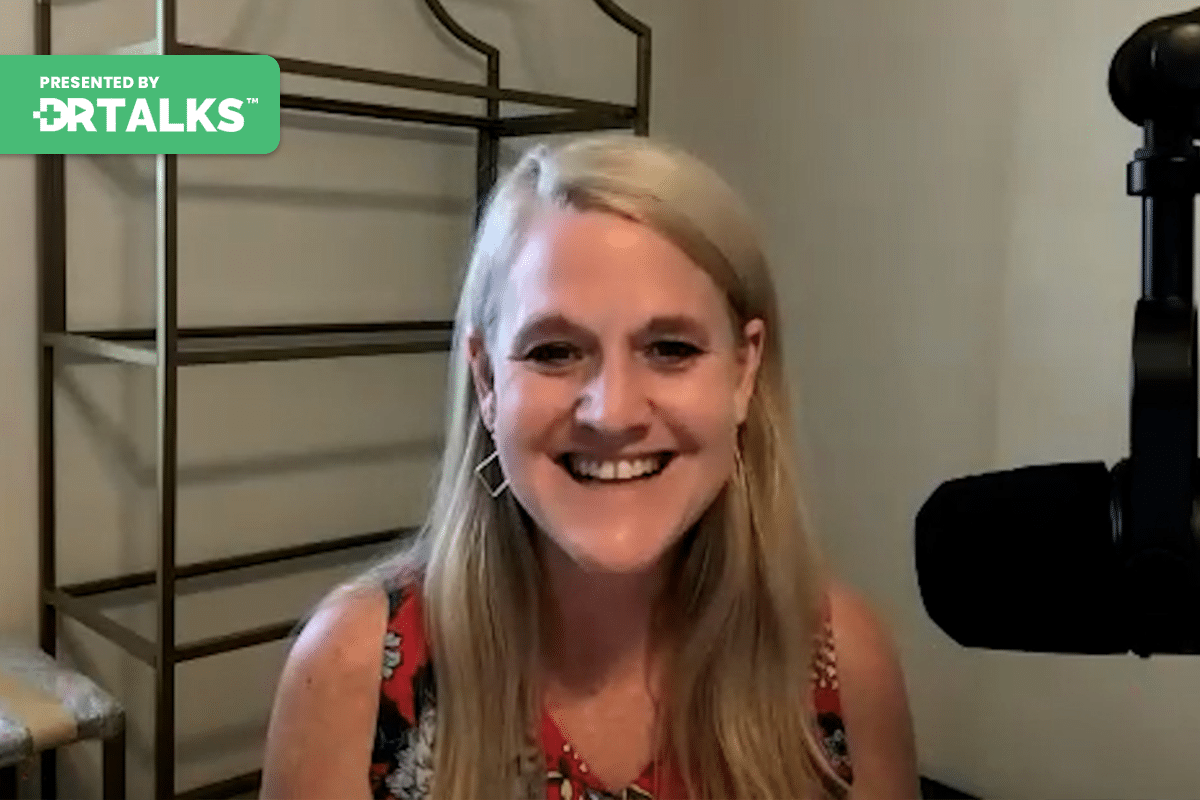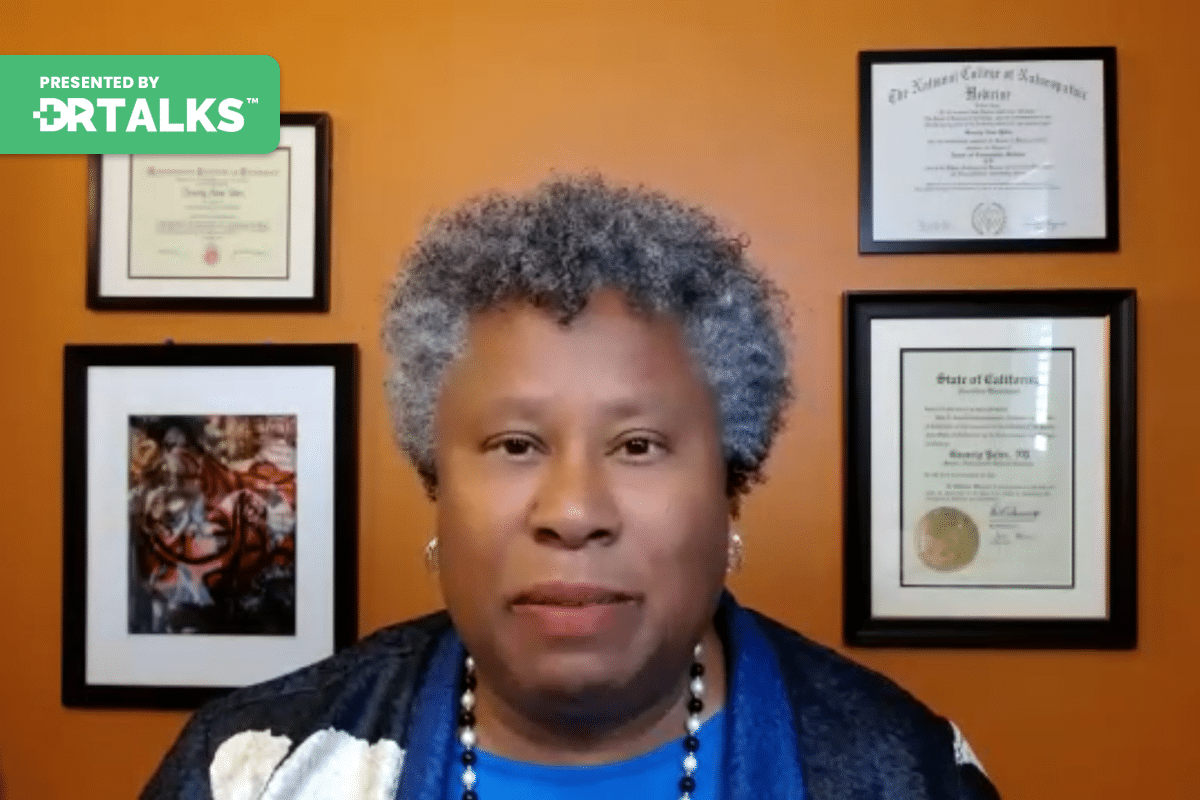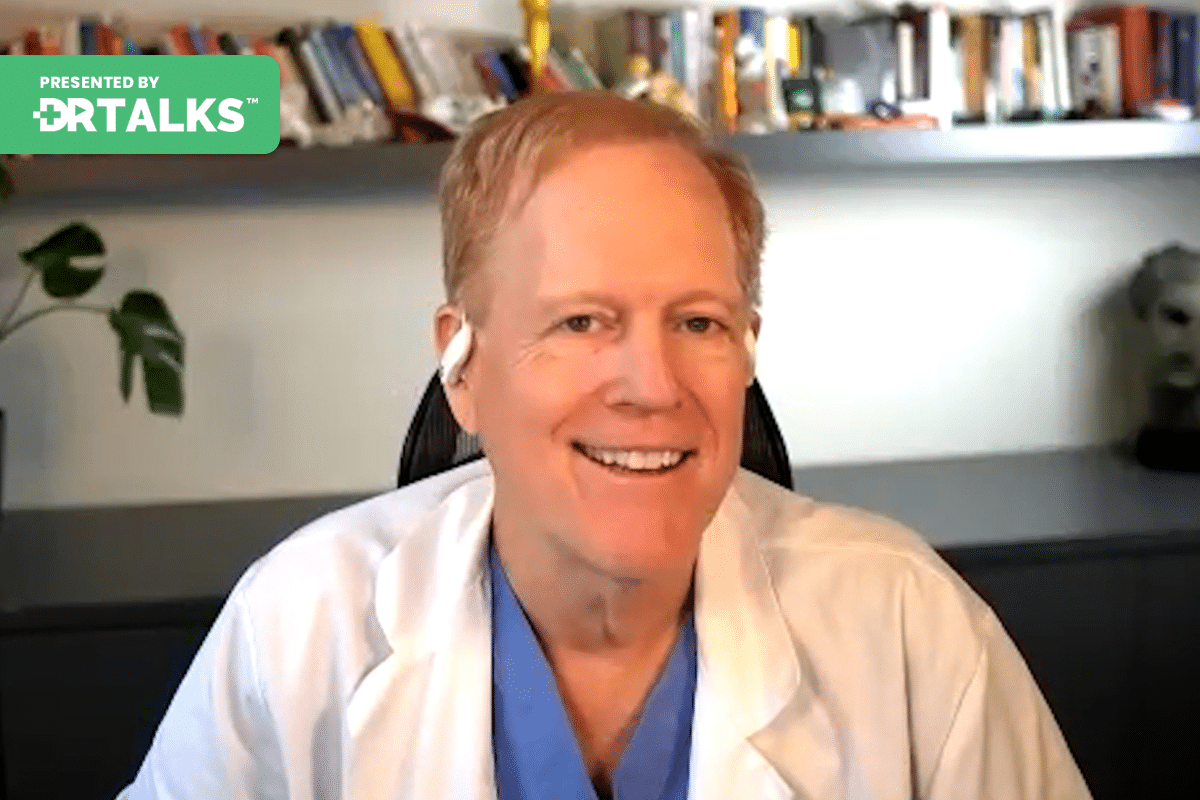Join the discussion below
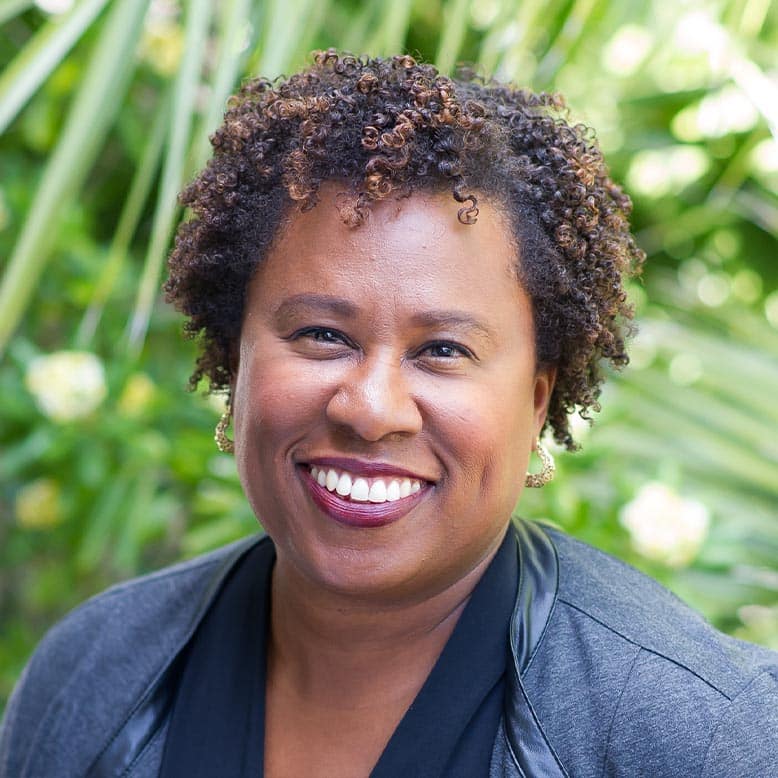
Beverly Yates, ND is a licensed Doctor of Naturopathic Medicine, who used her background in MIT Electrical Engineering and work as a Systems Engineer to create the Yates Protocol, an effective program for people who have diabetes to live the life they love. Dr. Yates is on a mission to... Read More
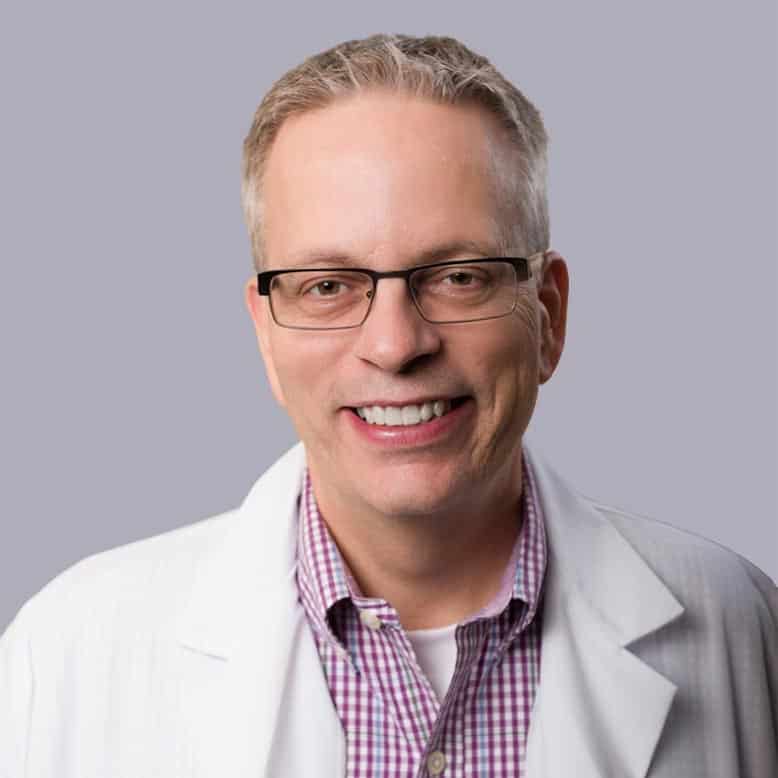
Kevin Conners, DPSc, FICT, FAARFM
Dr. Kevin Conners is the Clinic Director at Conners Clinic, an Alternative Cancer Treatment center. He graduated with his doctorate from Northwestern Health Sciences University in 1986 and has been studying alternative cancer care for over 23 years. He also holds AMA Fellowships and Board Certifications in Anti-Aging Medicine, Regenerative... Read More
- Understand the intriguing connection between Type 2 Diabetes and cancer
- Explore the unique challenges faced by diabetic patients in fighting cancer
- Learn about cutting off cancer’s fuel source and effective management strategies for diabetic cancer patients
- This video is part of the Reversing Type 2 Diabetes Summit
Beverly Yates, ND
Hi, everyone. Welcome to the Reversing Type 2 Diabetes Summit. I’m your host, Dr. Beverly Yates, ND. It’s my distinct honor and privilege to welcome Dr. Kevin Conners to our Reversing Type 2 diabetes Summit. He is the clinic director at Conners Clinic. An alternative cancer coaching center. He graduated with his doctorate from Northwestern Health Sciences University in 1986 and has been studying alternative cancer care for over 25 years. He also holds AMA fellowships and board certifications in anti-aging medicine, regenerative and functional medicine. Botanical medicine is board certified and integral to cancer therapy. Dr. Conners, welcome to the summit.
Kevin Conners, DPSc, FICT, FAARFM
Thank you for having me. It’s a pleasure to be here.
Beverly Yates, ND
I’m really happy to talk to you because I think that there’s a lot of perhaps misperception or lack of really good, credible information that people can have around the connections between Type 2 diabetes, blood sugar, regulation and cancer. There’s, I think, a perception in the general public often that these things are unrelated. But we know behind the scenes is as health and medical professionals that they can very much be related. Could you explain for us what are some of the specific difficulties that a patient with diabetes might face in combating and fighting cancer? How does the presence of the blood sugar dysregulation of diabetes alter that standard treatment approach?
Kevin Conners, DPSc, FICT, FAARFM
Well, there’s a lot of different comorbidities that go along with everybody with cancer, because as we all know, that when you’re dealing with metabolic disorders, it’s never just one thing. A person does it just you have diabetes, follow them and know they have diabetes. It’s because of lifestyle choices. It influences their environment that got them to the position. It’s the same thing with cancer. Most people have comorbidities with these disorders because they all tie back to lifestyle and all tie back to environment and so there’s issues that you have to deal with when you have a patient where I have a patient that comes a cancer, it’s not uncommon that they have other comorbidities, and diabetes is certainly one of them.
Beverly Yates, ND
This totally makes sense. There’s usually more than one thing going on. Even if someone has the perception that it just happened, often the wheels were set in motion years, if not decades in advance.
Kevin Conners, DPSc, FICT, FAARFM
Well, exactly. I remember what genetics was just at the forefront did a couple of decades ago, where they thought that we’re going to find that this is the reason for every disease and also the solution to every disease, because somebody has this one gene defective that’s causing this disease. Of course, it did happen that way. It always falls back to diet, lifestyle, environment when it comes to any of these chronic disorders. There is a pill to fix it or a genetic correction to fix it. It’s a combination of a multitude of facets that we need to address.
Beverly Yates, ND
I can understand that people really want an easy fix and a clear, simple answer. But life is not like that.
Kevin Conners, DPSc, FICT, FAARFM
It certainly isn’t.
Beverly Yates, ND
Now with that in mind, what is a strategy for targeting a cancer’s fuel supply? This is something I’m not convinced that the general public and frankly, some health and medical professionals I don’t think are clear on this either. What’s the strategy for targeting a cancer cells? Cancer as a entity, it’s fuel supply particularly crucial for diabetic patients. Can you explain that metabolic dance, that interplay between the diabetes and cancer that makes this approach, this really specific approach vital?
Kevin Conners, DPSc, FICT, FAARFM
Well, this is something that used, like you said, that most oncologists don’t even address. I’ve had patients that come to me and said, my oncologist told me I could just eat anything because cancer has no ties to our diet whatsoever. I think that’s absolutely foolish. I don’t also believe that it’s solely our diet that causes disease. There’s other environmental factors as well, but we have to address that. Cancer is our old cells. They got it to a cell. Could have been a chemical, a toxin or an infection of some sort that affected the nucleus of the cell. That’s how a cell replicates. What cancer is, is are old cells going through a rapid replication or they’re replicating cells that are in rapid replication. That is the definition of cancer. Are old cells going to a rapid replication? Well, that’s a highly metabolic activity in itself, that replication process that’s going to produce a lot of waste, that’s going to require a lot of fuel. Cancer cells need to be fueled, all our cells need to be fueled. We need fuel in order to run this enormous metropolis of activity that takes place within each of our cells and most commonly we are using glucose as a fuel that goes through in our mitochondria that produce ATP goes through glycolysis, so that the Krebs cycle to make energy for the fuel to do all it’s to for the cell to do all its operations. Well a cancer cell in a state of rapid and rapid replication is just gobbling fuel. Since glucose is a main source of fuel, it’s not the only source of fuel for a cancer cell, but it’s a main source of fuel. A person with diabetes has an increased risk of developing cancer because they have that increased glucose that circulate into the bloodstream, into the tissues. The possible fuel source for developing cancers. Remember, I said cancer is something got inside one cell and it’s in a state of rapid replication. Well, this is taking place in our bodies all the time. If you never had a diagnosis of cancer, the truth is, if you’ve had cancer hundreds of thousands of times and your immune system was able to take care of it and kill that cancer cell. You never got a diagnosis of cancer.
That’s what we work to take place, but it’s where the cancer has the body to fuel. The immune system may be suppressed for a period of time and there may be a cascade of other things taking place that that cancer has the ability to kind of withstand an attack. Survive and continue to grow and continue to get larger, continue to get larger. Remember, it has to be over 3 billion cells large to be able to detect the cascade. That replication that take place for a period of time and with a person having a precursor of diabetes, there is that abundance of glucose for cancer to be fueled and statistics have proved time and time again that people with a diabetic diagnosis have I think it’s the statistics are twice the chance of having pancreatic cancer, twice the chance of having liver cancer at an increased risk for for most cancers of all the colorectal cancers. It does increase our risk. The biggest reason is that fuel supply, that fuel source. If we look at a patient with cancer, regardless of their comorbidity, whether they have diabetes or not, we have to look at how could we cut off that fuel source? Because if a cancer cells can’t be fuel or have to scrounge for another source of fuel, that’s the type where you have more vulnerable to be killed. It’s even more important for a diabetic with cancer to decrease their blood glucose levels as best as possible. Certainly regardless whether you have cancer or not, it’s vital that fuel source and cutting off that fuel source is so important to beating cancer.
Beverly Yates, ND
This makes sense because we know that those cancer cells do have a preference for their kind of fuel. They absolutely love blood sugar, they love glucose, and they proliferate with it. You don’t want to keep adding fuel to that fire, that’s for sure.
Kevin Conners, DPSc, FICT, FAARFM
There’s other fuel sources with cancer as well. The amino acids cancer could be fueled through that pathway, but it’s primarily the glycolysis, the glucose pathway with the person with diabetes.
Beverly Yates, ND
Good to know. It’s important because as you said at the very beginning, typically in the world of oncology, no one tells people who have cancer about how this is working and what other things they can do to help their situation. Can you describe for us what are ideal methods of managing a cancer patient who also has Type 2 diabetes? What adjustments to these conventional treatment plans might be needed in order to account for their diabetic condition?
Kevin Conners, DPSc, FICT, FAARFM
Well, with any patient, regardless of whether they have diabetes or not, it’s best to try to get their blood glucose down to a reasonable range at a reasonable rate for a cancer patient is really below 80. Normal for a non-cancer patient is anywhere between 75 to 95. But really with a cancer patient, we want it even lower.
Beverly Yates, ND
Is that the fasting blood sugar or is that a different thing?
Kevin Conners, DPSc, FICT, FAARFM
That’s yes, always fasting. With a diabetic patients, that’s much more difficult because they with diabetes they maybe on insulin and their normal blood sugar of fasting might be well still well over 125. Well that’s that makes it more difficult to manage because you always have that fuel source there. There’s other glucoseceuticals that you could use that could hopefully grab onto that glucose and slow glycolysis. We do specific testing, what’s going to be best for that person, but it makes it a more difficult case for sure. You’re having to balance. You don’t want that person to get into a state because they’ve managed diabetes for so long. They get into a state of hypoglycemia, in which they may experience hypoglycemia symptoms even at a higher fasting blood glucose because of their diabetes, they’re not able to get the glucose into the cell. It makes it a more difficult case and you have to stay on top of it with this. These people need to have a glucometer at home. They need to be getting CBCs at a more regular basis.
Beverly Yates, ND
Totally makes sense because that information, that data will really, really help. It’s hard to do this without that information.
Kevin Conners, DPSc, FICT, FAARFM
Yes. The person has to be willing to be on top of that advantage. That end, we run into some diabetic patients that are just so good at that they’ve learned how to manage their blood sugar and they’re just very responsible in that way. Those are the patients that are best to work with because they’ll adhere to a protocol.
Beverly Yates, ND
That makes complete sense because they’re absolutely invested in it and understand how all of this is working. If this is new to someone, I can imagine that they might be feeling emotionally very overwhelmed because that’s a lot to handle all at once.
Kevin Conners, DPSc, FICT, FAARFM
It is also like to use it with patients like that you’re dealing with. When we’re talking about glucose, we’re talking about blood chemistry. You’re really talking about that, the chemistry of what’s going on. The cancer has a fuel source. It’s using a chemistry. But there’s other things that we want to address when you’re dealing with that you have to attack, whether you’re dealing with cancer, especially with somebody with diabetes, and that’s the neurology of it. Working on the parasympathetic nervous system is going to be even more important with those with diabetes. And using what we use a lot, what’s called frequency better. We use rife technology with frequencies to help attack the cancer. You have to get more aggressive with that. What is more difficult is to cut off the fuel source.
Beverly Yates, ND
It makes sense. Make it or rather take advantage of every tool in your arsenal, whatever resources you may have to change the game so that the cancer cells are not in an environment where they can thrive. Let’s look at this from another angle. When someone has both diagnosis of cancer and diabetes, how does this impact their prognosis? Are there lifestyle modifications that are particularly beneficial, beneficial for people who are dealing with both of these conditions?
Kevin Conners, DPSc, FICT, FAARFM
Well, I have patients that come to me that don’t have diabetes and are willing to change their diet and willing to take supplements and follow their protocols, and they tend to do quite well. I have patients that come to me that don’t have diabetes, both commonly. These are male patients that are like, “Hey, I changed my diet. I got to do change. I’m not going to take a bunch of supplements. I’ll use the right machine and I’ll do frequencies.” That’s really easy that they still do well. But if you have the comorbidity of diabetes, you have to be willing to do those dietary changes. You have to be willing to use nutraceuticals. There’s just you just cannot do it with just frequency. Better said, you have to be willing to make as many changes and hit as many facets of this disease as possible.
Beverly Yates, ND
That makes sense. You got to change the terrain, change the game and make it so it’s not an advantageous environment for the cancer cells to proliferate. I can totally understand if somebody comes and they’re like, “Well, I’ll do this one thing, but I won’t do the other.” It’s almost like it invokes the little kid in us because sometimes people rebel against the very thing they need that will make them well. How do you approach the patient who just said, I can almost picture it like their arms are crossed. Like, “I’ll just do that, but I won’t do this.”
Kevin Conners, DPSc, FICT, FAARFM
Well, we we get that in a lot of times it’s the family members, the daughters that really want the dad to get better and that the dad doesn’t want to get better, but he’s kind of people as we age, we all kind of get stuck in a rut and we don’t really know what we hear. A cancer diagnosis. Sometimes we’re motivated to make changes because we’re scared. But that kid weighed off after a period of time and you could fall back into poor diets. It’s hard to take that joy out of people’s lives where they feel like that’s their only joy is their food. We tried not to do that. If we do have a patient that is crossing their arm to say, I won’t do that, we try to beat them where they’re at and be more realist. I’m not the kind of practitioner that says you have to do it this way. You’re not going to get results. They believe that God has indicated all things that and that he can feel the through whatever. We got to work with the patients as much as possible. But if they do have diabetes, they try to really enforce out of them that you have a major fuel source that is not cut off to this, this kids are in. If the more you can do with it with tried to put the hatchet to that to that gasoline to the to the to the flavor, the better off they’re going to be.
If I could explain it in a way that they can understand that, then they could be a bit maybe more motivated to make some changes. We also try to work with them to give them substitutions, because I do know that food is part of our IT. When a person says, well, I go out with my buddies twice a week and we go to this restaurant, there’s nothing good for me to eat. If I could give them solutions to alternatives that they could still have that food, it could build relationships and such. They can still have those relationships and still have the joy of their life that I think that’s important to so because part of healing is changing bodies. Body chemistry, part of healing is working a body neurology part of healing is working out frequencies. That could make a difference in a person’s life. But a part of healing is their emotions that change their physiology as well. We have to be careful not to be so critical as practitioners that we’re going to make people feel guilty if they veer from their protocol, whether it be diet or whatever, with to enjoy their family. There’s a balance there.
Beverly Yates, ND
I’m so glad that you brought that up, because I think that one of the things people are really afraid of is that they will have everything stripped from them that is familiar and comforting. For many people they’re just like, that’s just too much. I’m overwhelmed. They don’t reach for anything that will be healthy. We’re well aware of the social concerns, spiritual concerns, emotional concerns when someone has either diagnosis, whether it’s cancer or diabetes, and if they got both, they might feel particularly besieged. Are there any particular insights that you can share that might help someone bridge that moment and get into a headspace where they can feel like, I can. I’ll take this, like you said, meet them where they’re at and we’ll do this piece by piece. What are the things that you do to encourage people on that path?
Kevin Conners, DPSc, FICT, FAARFM
Well, I like what you just said. We always, as you said piece by piece, I use the term let’s go step by step. Let’s take one step at a time. That’s feel like we could be comfortable with. That step will go the next step. We typically don’t use real radical diets that people are putting people at a ketogenic diet. I mean, let’s be real. There’s a percentage of the people in the population that would do fine on that and they’d be motivated to stay on it. But the great percentage of people that walk at the body office certainly would not be aware. This is the way they’re going to follow that. It to me it’s that’s not how is necessary. Can we get your blood sugar down by hey, let’s just let’s tweak this or tweak this or tweak this so let’s exchange this for this so they can still have some sweet things that maybe they’re sweetened to the different way they can accept that. That’s about just going baby steps through this process. They didn’t get cancer or they didn’t get diabetes overnight. It took years to develop. Let’s be okay with it, taking years to develop. Let’s unwind this web slowly in a way that they’ll stick to it. Otherwise I have people that come from other practitioners that, “Oh, this person wants to do this or this.”
There is just no way my dad was going to do that? It’s like well, let’s not go so fast. Like you said, people they choke on something that is too much for them to swallow. Let’s take it a little bites. It’s little steps and it just is more easy to digest it. They’ll follow through with it. But to me, if a person does a little bit of a good thing that’s better that that they’ll throw out the whole thing. Even if they’re supposed to be dead in six months from their cancer, they lived a year and a half. Hey, they live the extra year. Maybe if they would have done all these things, they will live the next three years. But they were willing to do that. That’s okay. I it just that to be okay with it. I mean, some of the struggles talking to the family members like a daughter that dragged the mom in. It’s like you got to be okay with what your mom is willing to do and that’s sometimes an education process for the children to be okay with the choices that their parents make.
Beverly Yates, ND
Absolutely. Boy, oh, boy. I can just think of the people that I’ve seen over the years. You and I are both long term experienced clinicians. I’m 30 plus years into it and sometimes the family dynamics are such that exactly as you said, the family doesn’t want to accept whatever the process is that the person who has the problem wants to follow and boy, that can add a whole nother element that often it from a healing point of view is not helpful because the person has the problem really needs to be the one who’s in charge.
Kevin Conners, DPSc, FICT, FAARFM
Yes, for sure. Their choice ultimately.
Beverly Yates, ND
Yes. They literally are the one who has to live with it. What are some of the swaps that you might suggest? What are some of the most common things you see people struggling with and then swaps that you offer so they can start bridging this?
Kevin Conners, DPSc, FICT, FAARFM
Well, it is swaps that from a dietary standpoint, are typically sugar. People typically that have kids or if you have diabetes, you have a sweet tooth that goes along with it. Some swaps are easy with that. You could use different sugar substitutes. We don’t use natural chemical sugar substitutes, but stevia that even go to all natural a more a sugar that will break down more slowly like honey or maple sirup is better that usually just table sugar. That will give them some different swaps If they have a family member that lives with them that does some cooking or baking, that’s even better because you can start baking with things that makes things taste very sweet, but they have very low carb counts and very low sugar count. There’s a lot of great recipes out there. It’s in the day and age that we live in now where you could Google these things. It’s real easy to find good recipes for a diabetic slash cancer patient that is not going to spike their blood glucose levels that some of the other substitutes are with. The just charge their fats, how they’re eating good fats. The bad fats, there’s a lot of knowledge about that out there.
That’s not as difficult of an issue that we deal with anymore with it. Maybe a number of years ago we did that added shady, just giving swaps of lifestyle changes. Like I said, whether I go to this restaurant, there’s nothing good or that bad. You what can you just change to a different restaurant that might have a healthier menu? Is your wife a really good cook? Oh, she’s a great cook. Could she give you a lunch to bring with to the restaurant so you can still enjoy that time with your buddies? But you’re going to eat a good lunch? That seems to be a common thing that we run into. Things like that. Swaps with nutritional swaps. People will be like, I’m not very good at swallowing pills. I could take a lot of pills, but we try to swap out some liquid things, try to make it into some smoothie type things, try to make it so that they’ll comply. It makes it easy to comply, easy to do and just come right out, ask people, are you willing to do this? Well, yeah. That’s not a full. Yes. Let’s go slower. Maybe take a step back and make sure you get an approval on their part that’s something that they’re willing to do or that the family members are willing to help them with. You want your mom to be doing this. You live two miles away. Are you willing to come over and help her on a regular basis so you get some participation so that there’s that bigger point in going out of the family? There’s more participation in the person overall health. I think that could could be a benefit in a lot more ways than just that preparation. It could be an emotional benefit as well.
Beverly Yates, ND
Yes, that totally makes sense. Having that community spirit and being able to call people into that mode of cooperation and what’s realistic for their commitments, particularly when it’s family members where they may be a lot longer history of interaction than necessarily with friends or colleagues Sometimes this is a very rich, very positive moment. Sometimes it’s a difficult moment. All of these things come to the fore, no question. In this situation.
Kevin Conners, DPSc, FICT, FAARFM
Yes, I think it’s good for listeners to understand. I mean, maybe a lot of people listening to this just have diabetes. They don’t have a diagnosis of cancer, but just go see that the increased risk of developing cancer or having a diabetic diagnosis or a pre-diabetic type of diagnosis, you never want to use fear tactics. But knowing some facts can be helpful in motivation that can help motivate us to stay on track with our protocol for diabetes as well.
Beverly Yates, ND
Absolutely. It’s all going to head to a good place. We’re just trying to unleash or harness the body’s healing potential by removing root causes or interfering factors. I think that’s really what that’s about.
Kevin Conners, DPSc, FICT, FAARFM
Yes.
Beverly Yates, ND
Are there any common perceptions you feel that other health professionals might have when it comes to this? Because we know that in the case of cancer or diabetes and then specifically what we’re talking about, cancer and diabetes. Now there are multiple, so to speak, cooks in the soup. There’s usually multiple health and medical professionals involved have you seen anything that is a common misunderstanding or misperception from our professional colleagues that needs to be addressed?
Kevin Conners, DPSc, FICT, FAARFM
Well, I think the most common thing that we see with cancer is oncologist what I mentioned before, oncologist not understanding the dietary factors of cancer. I’ve had patients take pictures of I said the photos of the refrigerator at the oncologist office while they’re doing chemo. They’re told to go get a drink or grab a snack and it’s filled with Jell-O and pudding and soda pop. they’re like, are you the patient? Is are you kidding me? This is what they’re feeding the people with cancer while they’re doing chemotherapy. There’s a lot of misunderstandings, of standards of care, medical, community with diet and cancer, for sure. I can’t tell you how many people have told me that. Their oncologists told them that they could eat anything they want, that makes no difference. That I would say probably diabetes do that. We don’t get any instruction with diet at all. My father had diabetes diagnosed in his late fifties and initially went to a practitioner friend of mine. I was still in school at the time and changed his diet completely. His blood sugar went back to normal. He was doing great, went back to his medical doctor at the medical doctor said, Oh, that’s not sense. You don’t have to do that here. Just take this medication we have. Sure enough, the medication would keep his blood sugar at the bill range. But of course there was a defect in the blood sugar, in the tissues, damaged his kidneys. He ended up dying of kidney failure and heart disease years later. But he never managed his diabetes correctly. Never adhered to any sort of a diet whatsoever just to do what. I guess that was the choice. He made it. I had to just accept that choice, like I tell family members of patients, that he made that choice because he was given wrong information from his medical doctor. Misinformation. You talk about there’s a lot of misinformation out there and it’s leading people astray. When you’re talking about cancer, it’s leading to their demise because it’s leading to early death. I know people have to make their own decisions. There’s certainly a lot of information out there. But there’s a lot of misinformation by professionals that is imparted to a lot of people.
Beverly Yates, ND
This makes all the difference. This is part of what motivates us. Doing these online summits is to give people quality, credible information from experts who are in the trenches, who are actually helping people and who know what makes the difference, what are the important distinction so that people can reclaim their health and understand what are the pieces along the way that they’re going to make the biggest difference. I thank you for sharing that story. We know that there are different points in our training as professionals. We learn different things and sometimes if our training never includes anything on, say, something like nutrition, we just don’t even know what we’re missing. We do we could run the risk of in this case, like you were saying, famous example, completely misinforming someone. They’re relying on someone for real info and they’re not getting it.
Kevin Conners, DPSc, FICT, FAARFM
Yes, that’s very true. You do need to see patients need to be wise enough to seek their experts and know that there is wisdom to both to those influencers of their life that they need to seek proper advice from people who are practicing the different ways.
Beverly Yates, ND
Yes, definitely. Dr. Conners, if people would like to learn more about you and your work, where can they find you?
Kevin Conners, DPSc, FICT, FAARFM
They can go to our website at connersclinic.com. We have multiple courses that people can take. They can make an appointment with me however they need to move forward. All of our information is outlined and all of our visits are online. We see people from all over the world literally. Try to help people one person at a time.
Beverly Yates, ND
Great. Thank you so much for partnering with me here on this Reversing Type 2 diabetes summit in online format so we can reach people from all over the world. Friends, as you listen to all of our episodes, please, as you hear things and think about it, share this with other people that they care about their health, maybe have a health concern that’s being addressed in a particular episode such as this and take notes as you go along so that you can benefit from all of the generous sharing that our various experts have put into this summit. My own personal mission around reaching three million people and making a difference in stemming the tide, the unnecessarily in my point of view, rising tide of people with Type 2 diabetes and pre-diabetes. Thank you, Dr. Conners, for your insights and your wisdom. We appreciate you.
Kevin Conners, DPSc, FICT, FAARFM
Bye bye.
Downloads

